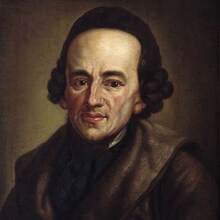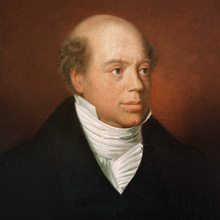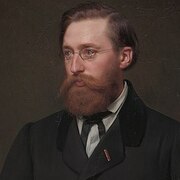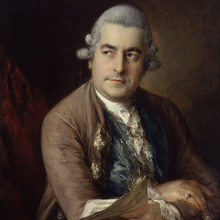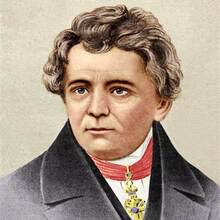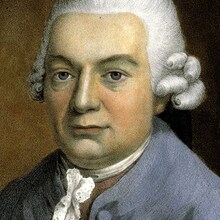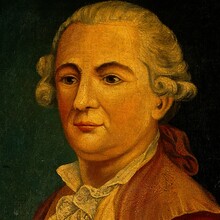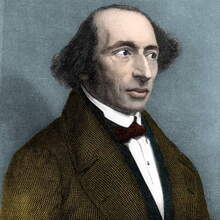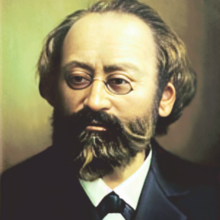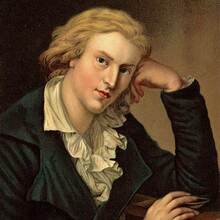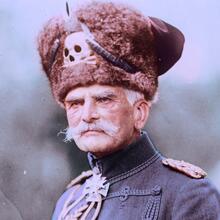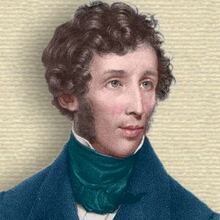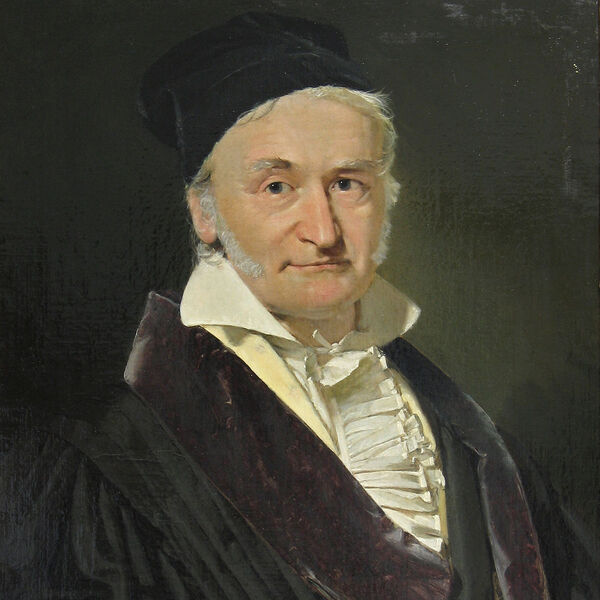
Personal
Other names:
Job / Known for:
Mathematics and sciences
Left traces:
Gaussian distribution, Gaussian elimination
Born
Date:
1777-04-30
Location:
DE
Brunswick-Wolfenbüttel, Holy Roman Empire
Died
Date:
1855-02-23 (aged 78)
Resting place:
DE
Death Cause:
Heart attack
Family
Spouse:
Johanna Osthoff (1805-1809), Minna Waldeck (1810-1831)
Children:
Joseph, Wilhelmina, Louis, Charles, Eugene, Therese, Minna, Wilhelm and Alfred Gauss
Parent(s):
Gebhard Dietrich Gauss and Dorothea Benze Gauss
QR Code:
 My QR code:
Carl Friedrich Gauss
https://DearGone.com/10830
My QR code:
Carl Friedrich Gauss
https://DearGone.com/10830
Key Ownner:
Not yet supported by key owner
Show More
Rank
Users ranking to :
Thanks, you rate star
Ranking
5.0
1
Fullname
Carl Friedrich Gauss
Fullname NoEnglish
Karl Friedrich Gauß
Slogan
Mathematics is the queen of sciences and number theory is the queen of mathematics.
About me / Bio:
Show More
Article for Carl Friedrich Gauss
Died profile like Carl Friedrich Gauss
Comments:
